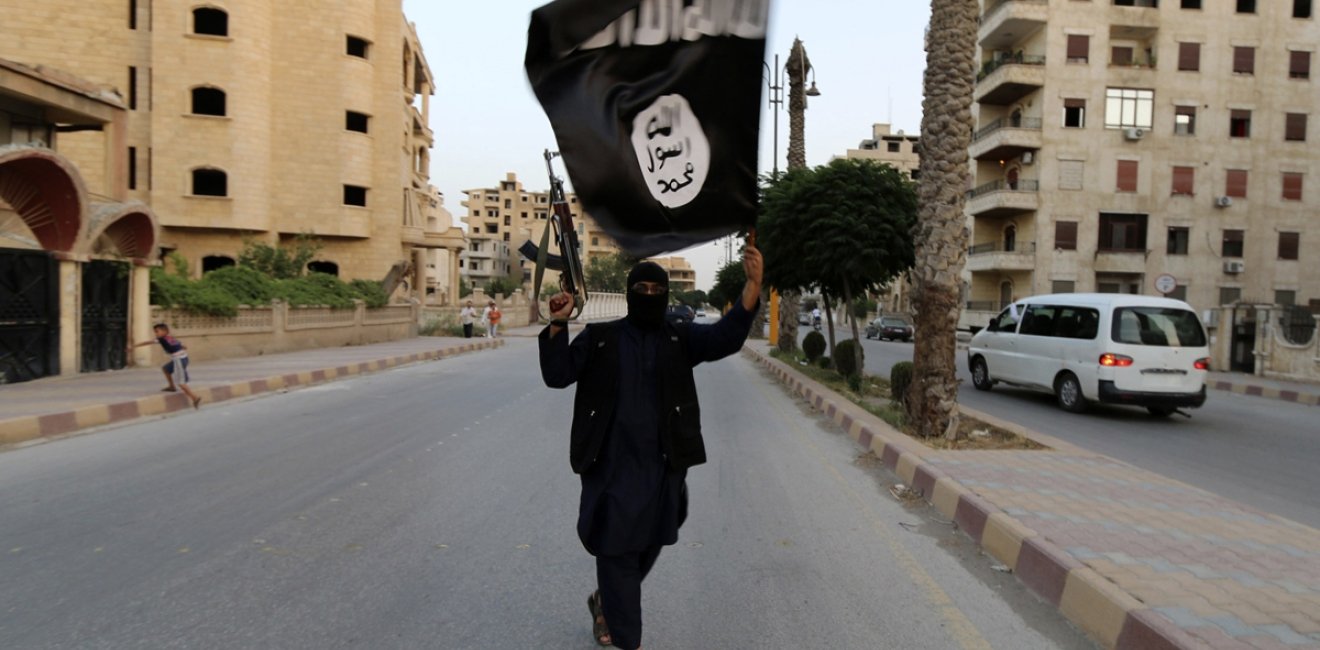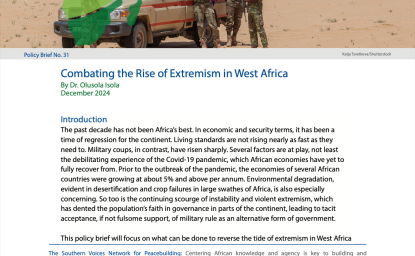A day after terrorists killed at least 44 people and wounded more than 230 others at theIstanbul airport, President Barack Obama vowed to “not rest until we have dismantled these networks of hate that have an impact on the entire civilized world.”
That wasn’t the first time this president has used sweeping rhetoric about U.S. intentions; nor is it likely to be the last. And that’s not only because of massacres like that in Orlando in June. In just the few days since the Istanbul airport carnage, attacks inspired or directed by Islamic State have killed and maimed innocents in Bangladesh, Baghdad, and Saudi Arabia.
Yet whatever the president’s intentions: Islamic State and its affiliates and the extremist ideology they represent are a generational problem that, at least right now, lacks a comprehensive solution.
The (relatively) good news is that terrorism has not become an existential threat, not to the U.S. Between 2002 and 2014, terrorism resulted in the deaths of 303 Americans worldwide, according to State Department data; in that same period, gun deaths in the U.S. exceeded 320,000, according to PolitiFact.
Whatever we might tell ourselves or aspire to in terms of stopping attacks and eradicating the sources that inspire and enable them, terrorist attacks are part of the new normal. We are no more likely to “win the war” against terrorism than the wars we launched against drugs, poverty, cancer, or mental illness. Nearly 15 years after the 9/11 attacks, al-Qaeda is much weaker but still active; its derivatives, such as al-Qaeda in the Arabian Peninsula (AQAP), are dangerous–and motivated to strike the U.S. and its interests.
The two-year-old U.S.-led campaign to weaken and destroy Islamic State’s so-called caliphate in Syria and Iraq is gaining momentum. ISIS has lost territory, fighters, and much of its access to oil facilities. By many–really, any–measures its experiment in governance has been a failure. Yet as it loses ground in Iraq and Syria, it has expanded operations abroad and demonstrated not only a motivation but also capacity to direct and inspire major attacks in multiple countries, including in the U.S. and other advanced nations in the West.
Yet whatever the president’s intentions: Islamic State and its affiliates and the extremist ideology they represent are a generational problem that, at least right now, lacks a comprehensive solution.
ISIS is weakening but not finished in Iraq and Syria, or the broader Middle East. More than likely, as the caliphate is whittled down, the group will go to ground and take its place alongside the other Sunni, Shiite, and Kurdish semi-autonomous militias and terror organizations operating in lawless and dysfunctional Arab states. ISIS has a presence in Afghanistan, Turkey, Egypt, and Libya. In the rich soil of the broken Middle East, a region marked by swaths of bad and no governance and where sectarian hatreds thrive, ISIS’s vicious and triumphalist jihadi ideology, and that of groups like it, are likely to root and be sustained for years to come.
President Obama and both of the putative nominees battling to succeed him talk of destroying Islamic State. But it’s hard to argue that the U.S. has the will or capacity to do this, whether alone or in conjunction with others, in large part because no matter how successful any military campaign, defeating ISIS depends on preventing its return. And that requires the sort of good governance and stability that few Arab leaders can provide.
Most of the dozens of nations touched by ISIS-related terrorism don’t or can’t play a consequential role in fighting future attacks. Those that might have a variety of objectives that make them more a coalition of the self-interested and the unwilling than a tight group of compliant states ready to band together in purpose. For instance: Russia hates the jihadis but wants to keep Syrian leader Bashar al-Assad in power as a hedge against the U.S. in the Middle East; Iran fears Sunni extremism but will support fellow Shiites in Iraq over empowering Sunni groups; Turkey has been more active of late against ISIS but seems more worried about the Kurds in Syria and at home; and Saudi Arabia, where three suicide attacks recently took place within 24 hours, appears more willing to invest its military resources against the Houthi rebels in Yemen than fighting ISIS in Syria or Iraq.
So what does all this mean? Think containment, mitigation, degrading and weakening these extremists over time, especially in Iraq and Syria. None of that should obscure that the sort of global terror that’s been unleashed already this month will continue.
The opinions expressed here are solely those of the author.
This article originally appeared in The Wall Street Journal






